Sustainable Farming
planning
Sustainable Farming

Sustainable farms counter the negative impacts associated with conventional farming systems. The natural processes used for producing sustainable vegetables preserve soil health, reduce water pollution, and protect biodiversity. Moreover, as sustainable farming practices maintain the soil healthy, they contribute to carbon sequestration, countering climate change. Cultivating diverse crops as part of a sustainable system also enhances the resilience of farms. Over time, it creates a buffer against the uncertainties of climate change and market fluctuations. And it’s not just the farm that gets healthier. Sustainable farming systems produce nutrient rich, chemical-free produce, allowing communities to access fresh and nutritious food. encourages healthier eating habits, improving overall community health.
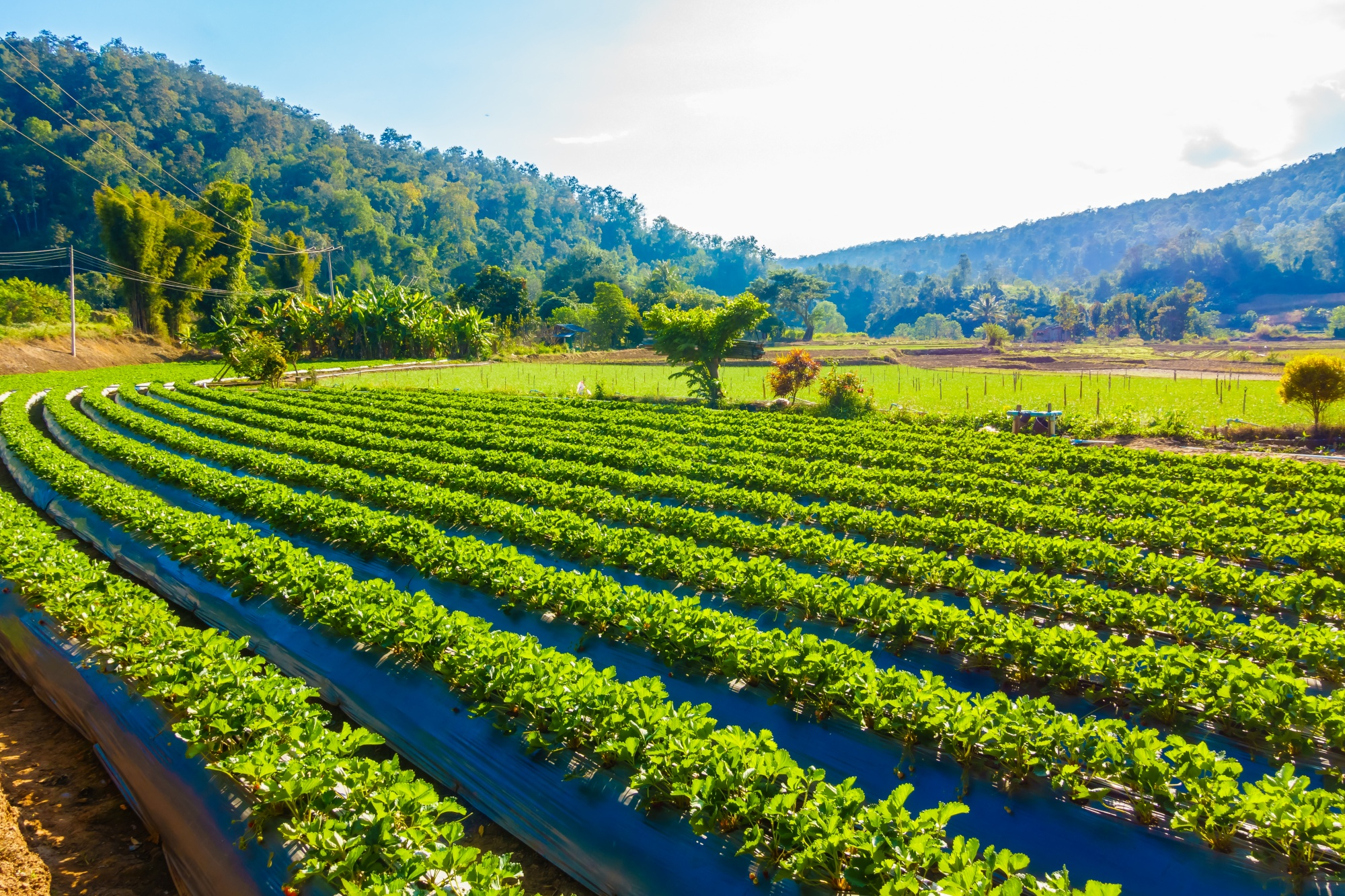
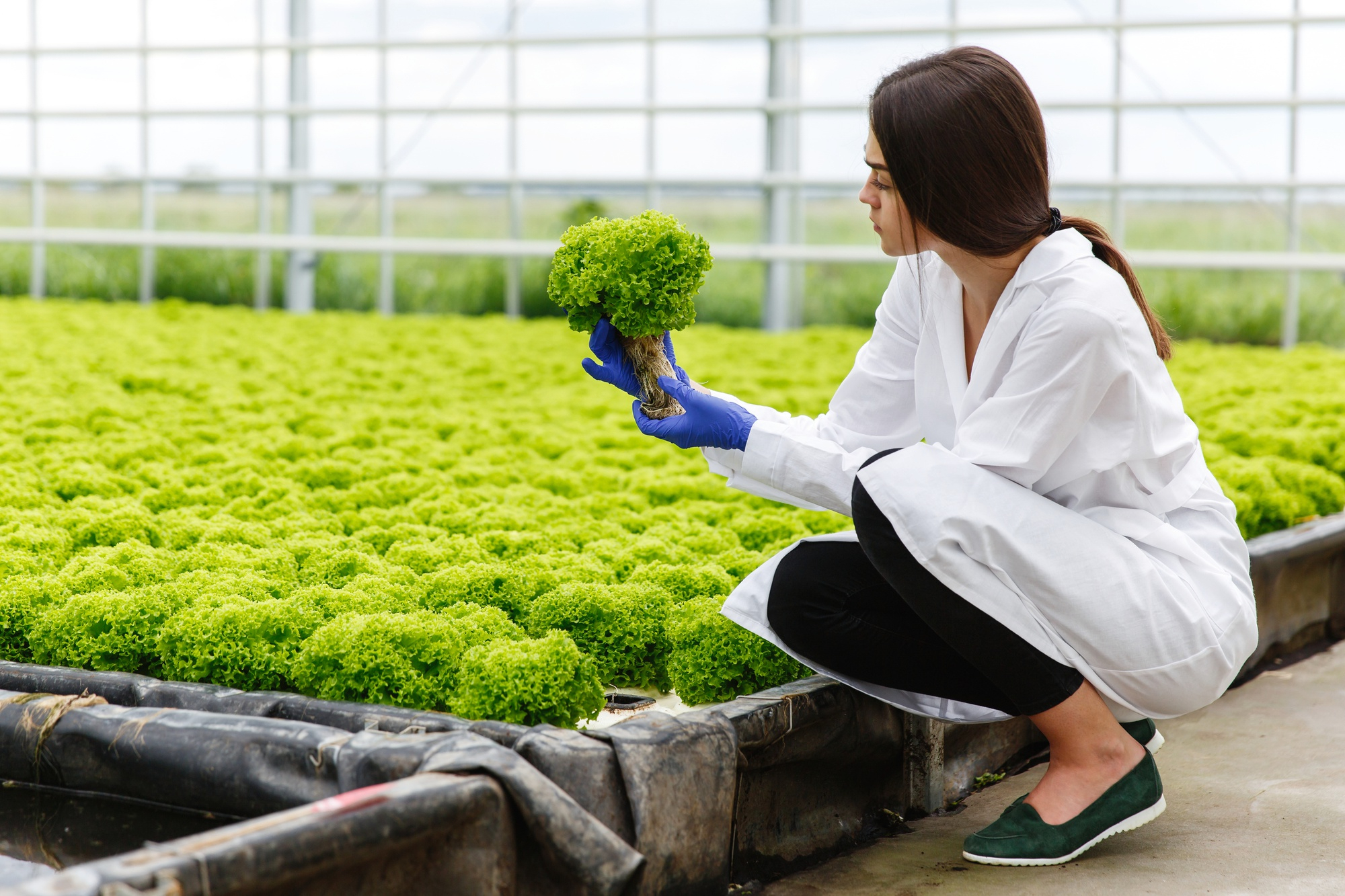
Benefits of Sustainable Farming
Sustainable farming offers numerous advantages that benefit both the environment and communities. One of the primary benefits is reduced environmental impact, as it uses fewer chemical inputs, leading to less pollution of air, soil, and water. By focusing on natural processes, sustainable farming helps maintain soil structure and health, reducing the need for harmful fertilizers and pesticides. This results in higher soil fertility over time and a reduction in soil degradation. Diversified cropping systems improve farm resilience, reducing vulnerability to pests, diseases, and unpredictable weather patterns. Additionally, sustainable farming creates better working conditions for farmers by reducing exposure to toxic chemicals, promoting long term health and safety.
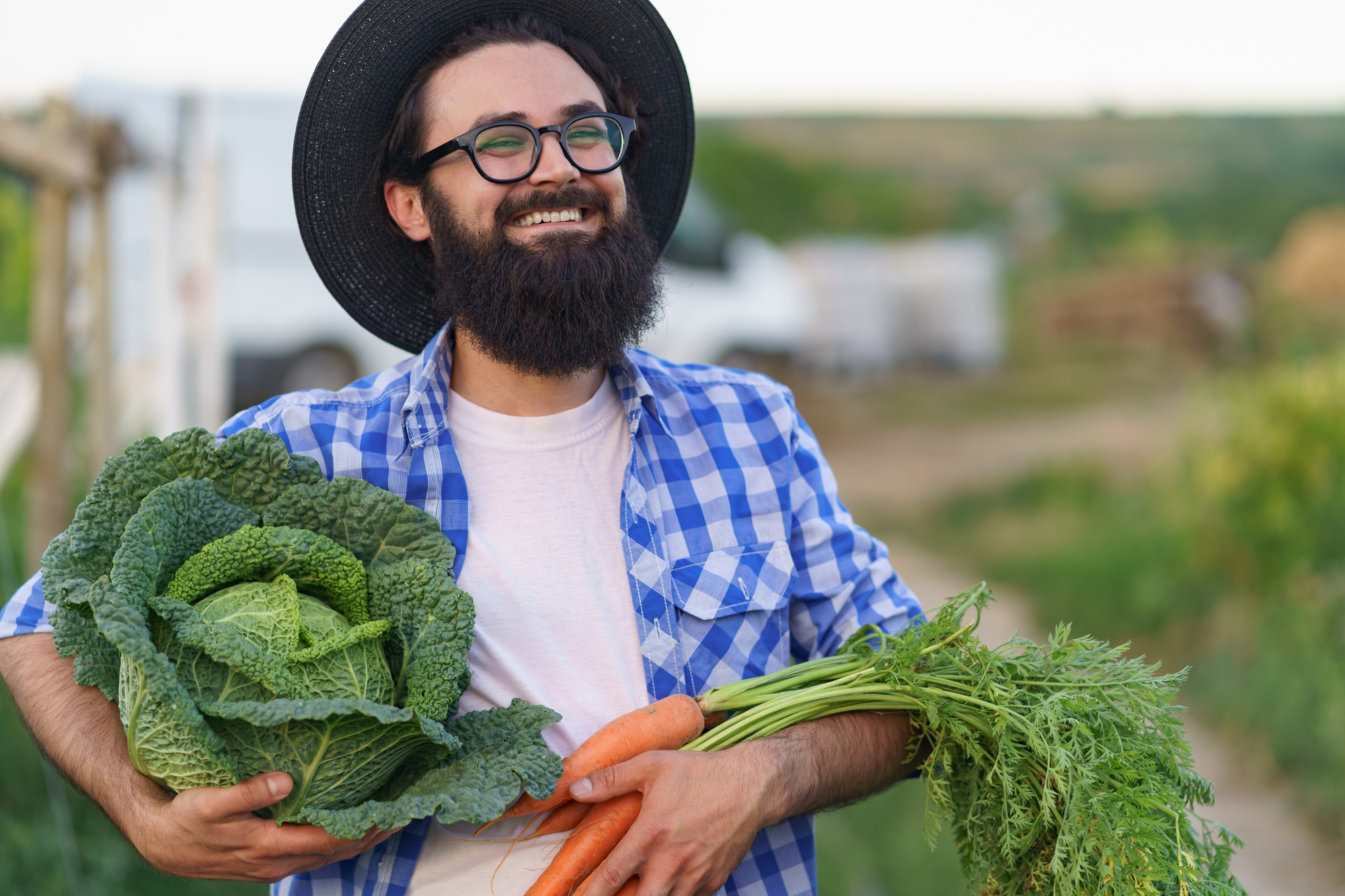
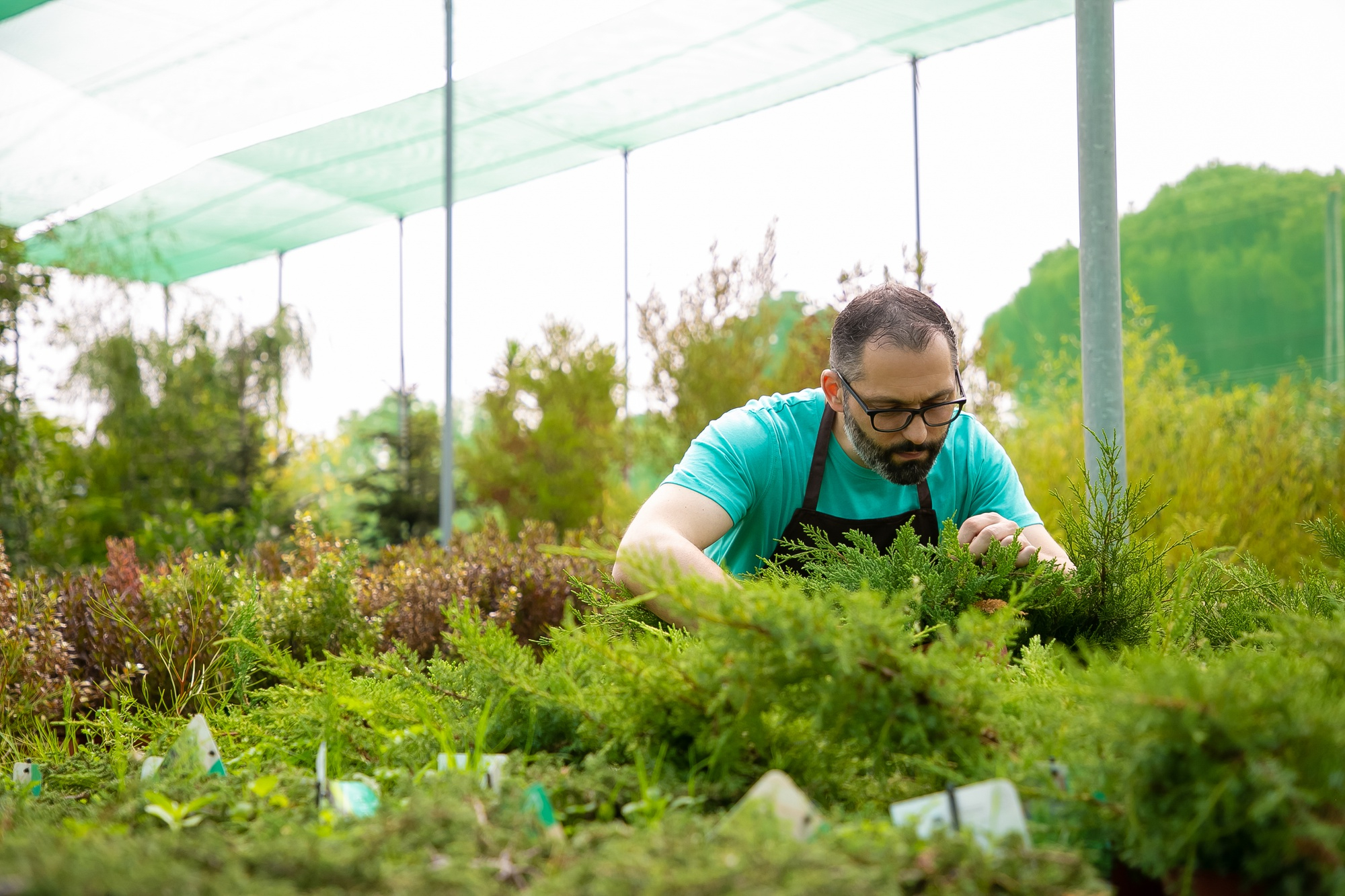
Challenges in Sustainable Farming
Sustainable farming, while beneficial, faces several challenges that can make its widespread adoption difficult. One of the main challenges is the higher initial costs associated with transitioning from conventional to sustainable practices, such as purchasing organic inputs and investing in new equipment. Additionally, sustainable farming often requires more labor intensive methods, which can be a barrier for larger scale operations or farmers with limited resources. another challenge is knowledge gaps, as many farmers lack the training and resources to implement sustainable practices effectively. Pest and weed management can also be difficult without synthetic chemicals, requiring more time and innovative solutions to control pests naturally. In some regions, there is also limited access to sustainable markets, making it harder for farmers to sell their organic or sustainably grown products at competitive prices. Climate change adds an additional layer of uncertainty, as unpredictable weather patterns can negatively affect yields, even in sustainable systems.
- Many small scale farmers struggle to access resources like organic seeds, tools, and technology needed for sustainable farming. This limited access hinders their ability to transition to or maintain sustainable practices effectively, especially in underdeveloped regions.
- Despite the growing interest in organic products, sustainable farms often face low market demand and higher production costs compared to conventional methods. The lack of sufficient financial incentives makes it challenging to maintain profitability, especially for smaller operations.
- Sustainable farming requires specialized knowledge, including crop rotation, organic pest control, and soil health management. Many farmers, especially those new to these practices, lack access to education and training, which can slow down their transition to more sustainable systems.
- The benefits of sustainable farming often take time to materialize, and short-term yields may be lower. Farmers may face financial strain as they wait for their investment in soil health and ecosystem restoration to pay off in the form of increased productivity and lower long term costs.
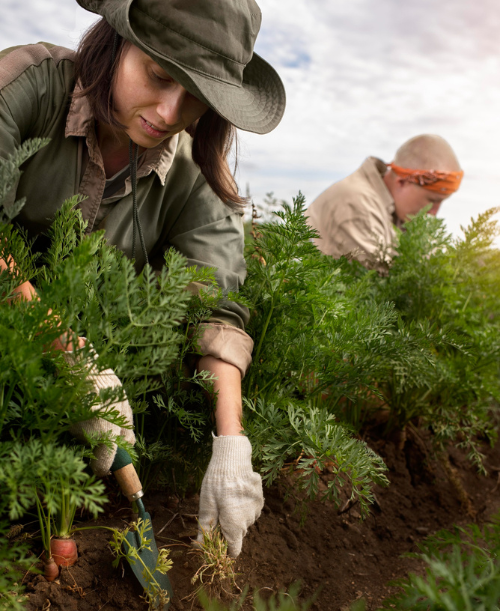
Sustainable Farming

- Organic Farming Practices for Soil Health.
- Water Conservation Strategies in Agriculture.
- Crop Rotation for Enhanced Soil Fertility.
- Agroforestry and Its Role in Sustainability.
- Integrated Pest Management (IPM) Solutions
- Composting and Organic Waste Recycling
- Conservation Tillage for Sustainable Agriculture
Sustainable farming is centered on practices that promote environmental health, economic viability, and social equity for the long term. By focusing on soil health, water conservation, and efficient resource use, sustainable farming supports both the ecosystem and future agricultural productivity. It also prioritizes the well-being of farmers and local communities, ensuring fair labor practices and fostering resilient, thriving rural economies. Sustainable farming also incorporates the use of agroecological practices, such as integrated agroforestry.
Role of Technology
& Sustainable Farming
- Precision Agriculture uses sensors and GPS technology to optimize resource.
- Automated Irrigation Systems reduce water usage by delivering crops.
- Data Analytics enables farmers to make informed regarding soil health.
- Used to develop drought resistant and disease resistant, enhancing resilience.
- Simplifies monitoring and tracking of crops, soil conditions, and input usage.
Deriving Support
& Sustainable Farming
- Organic practices farmers to transition to sustainable farming methods.
- Sustainably grown products can help farmers achieve prices and profitability.
- Educational Programs and training provide farmers with the knowledge needed.
- Campaigns promote the benefits of sustainable farming, consumer demand.
- Ease the initial investment needed to implement sustainable farming methods.
